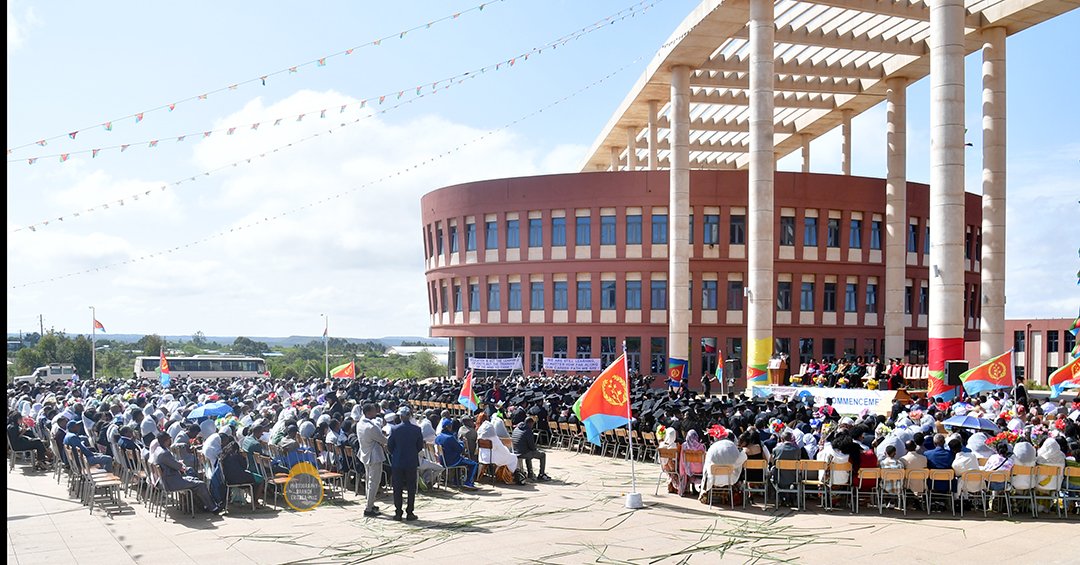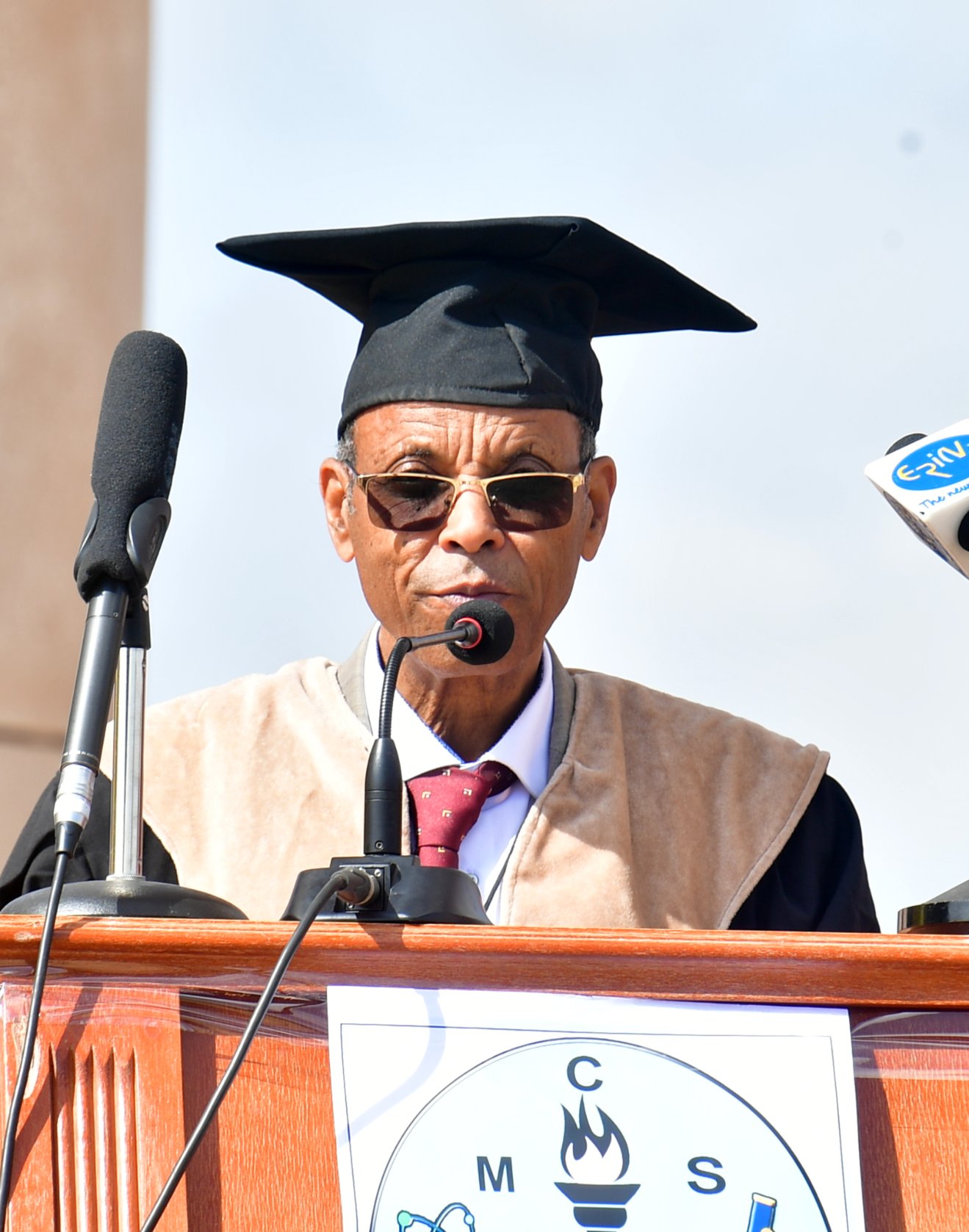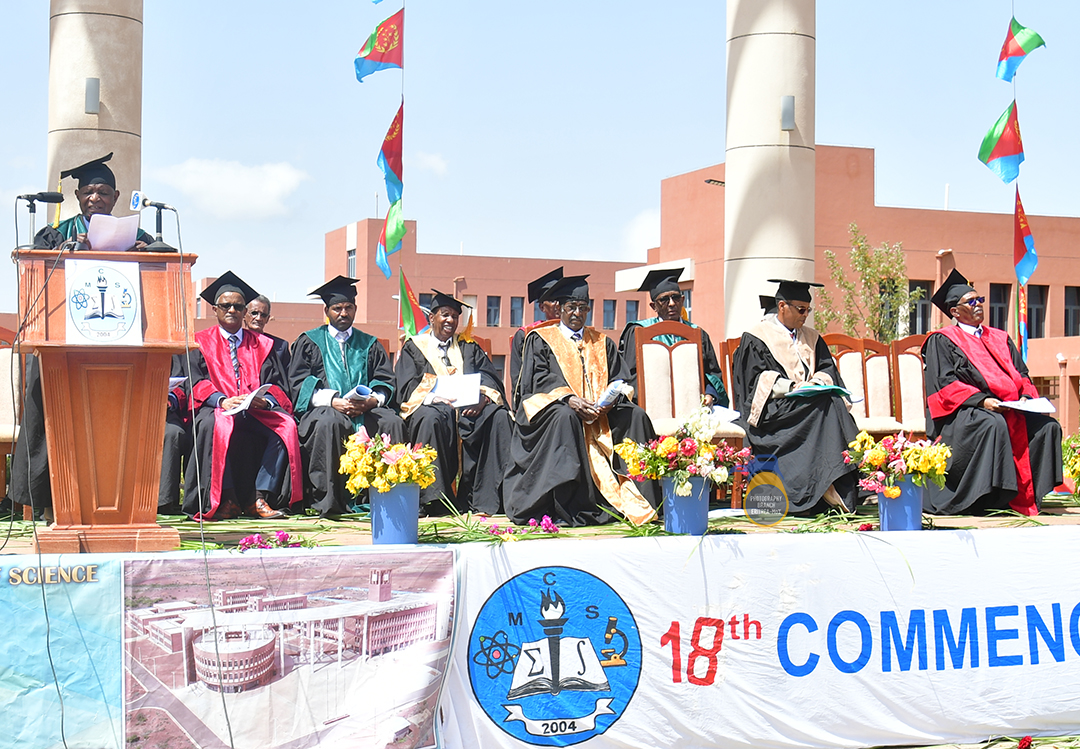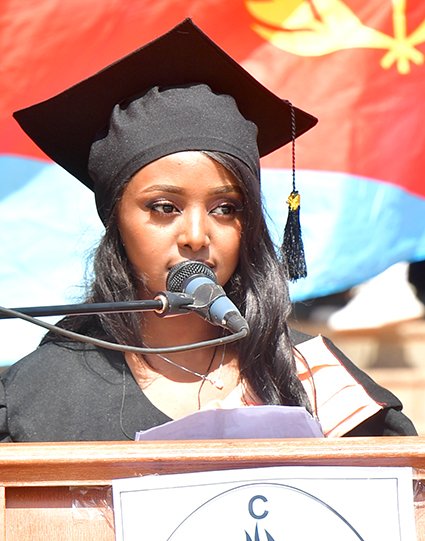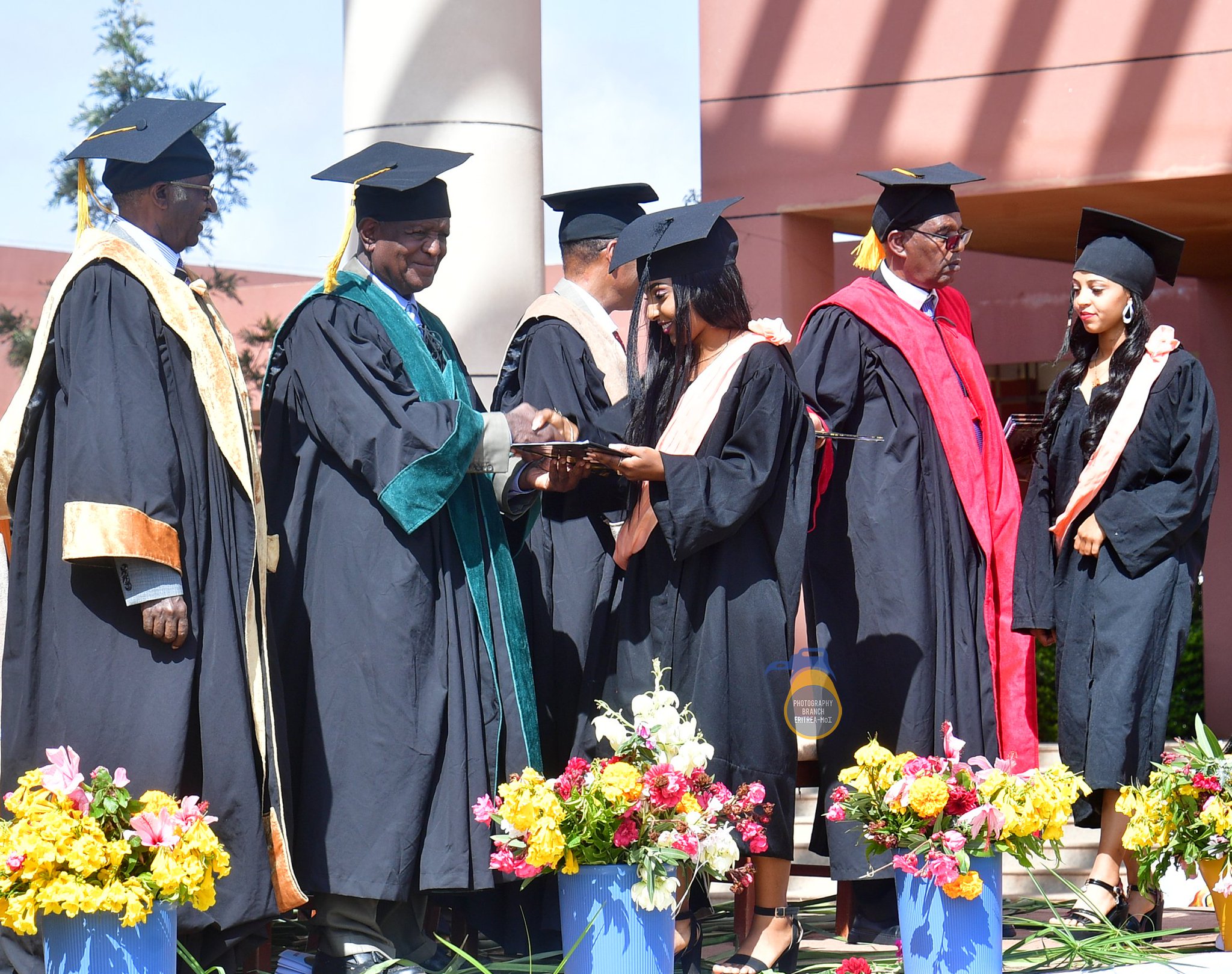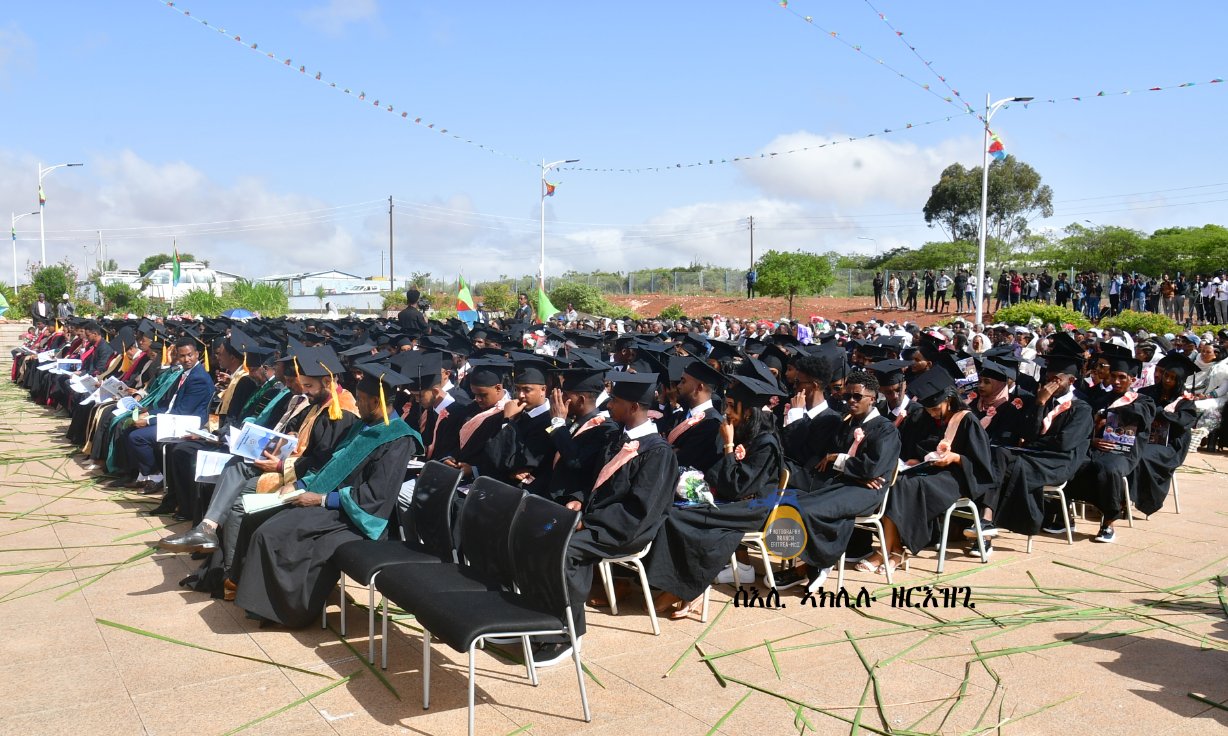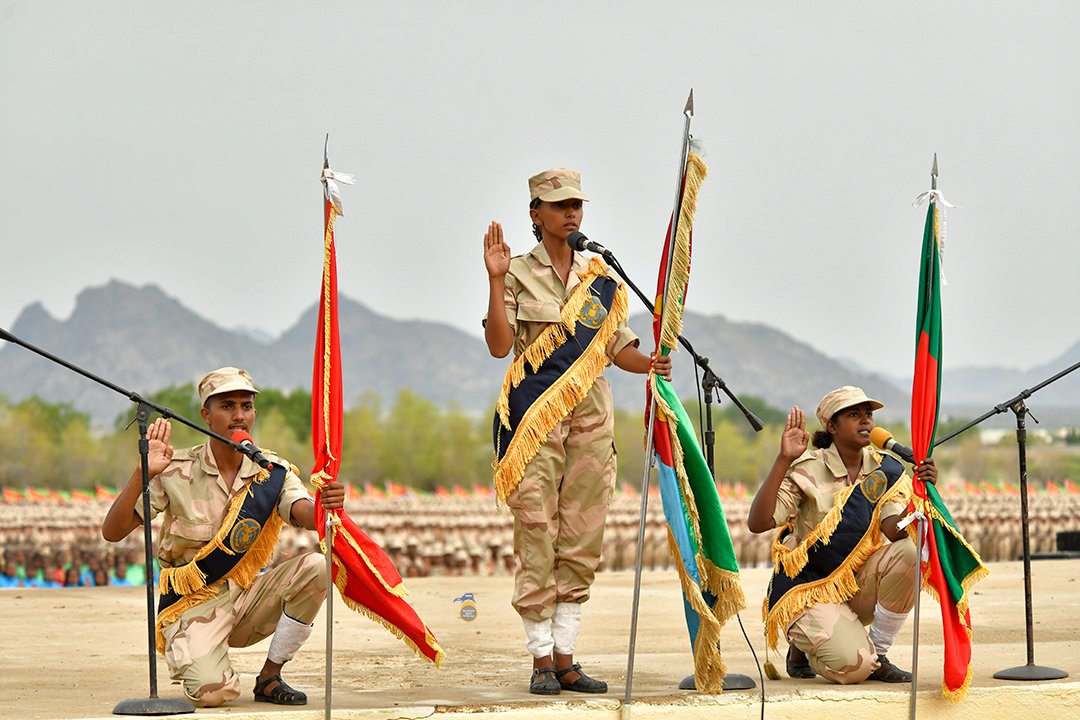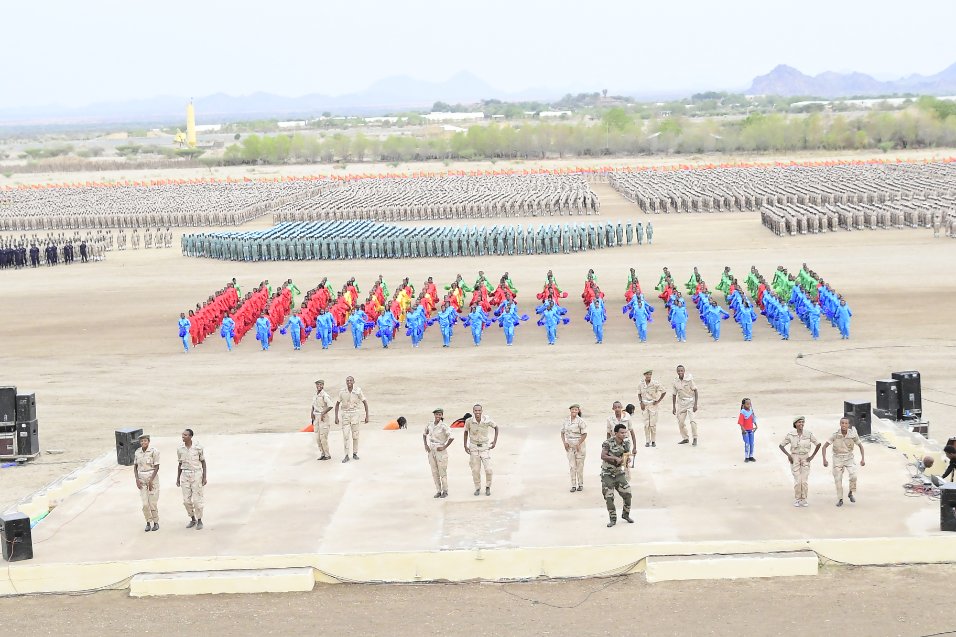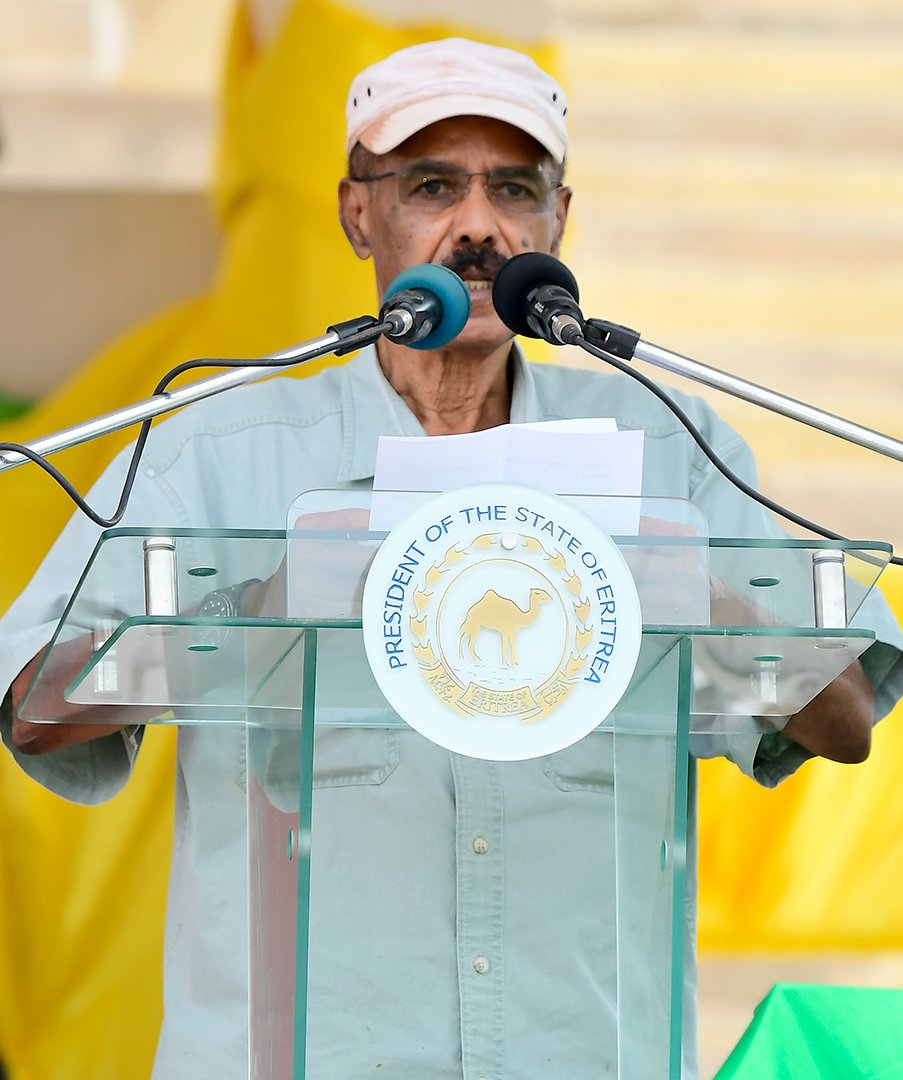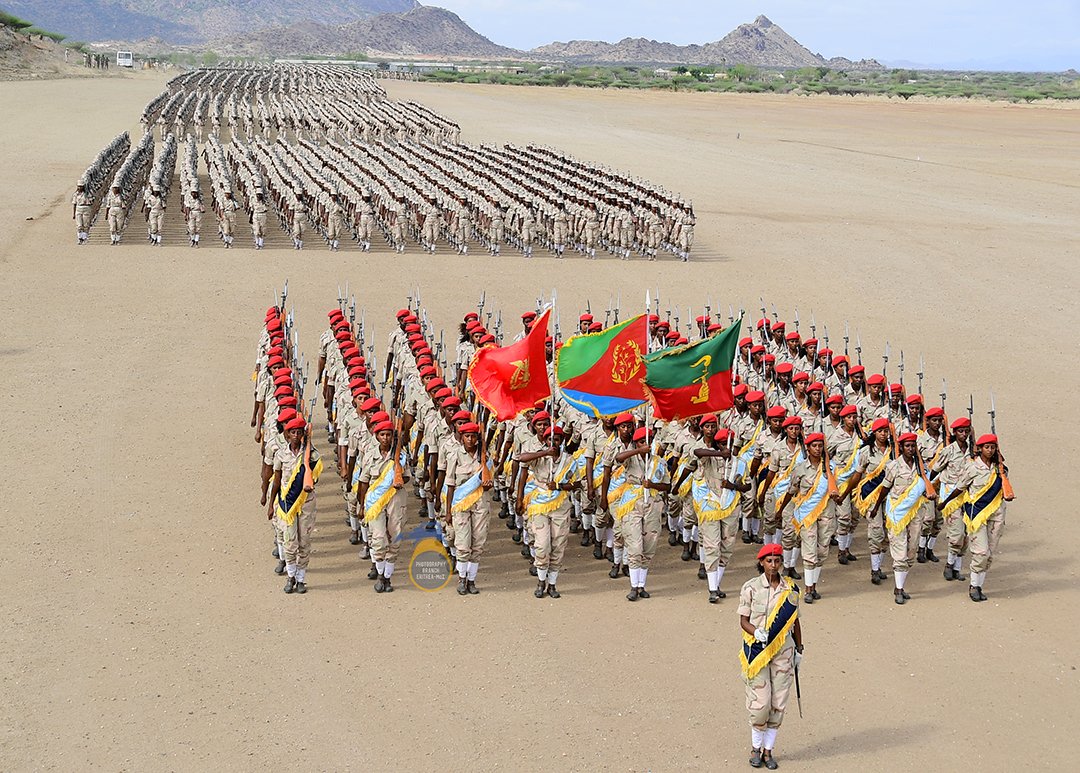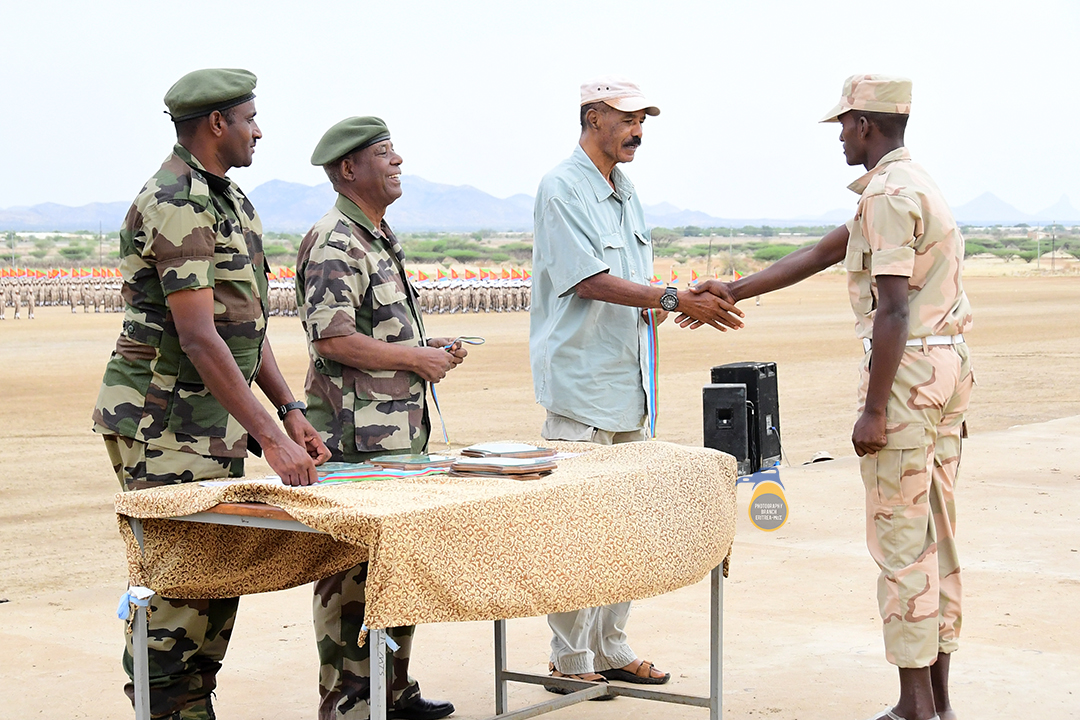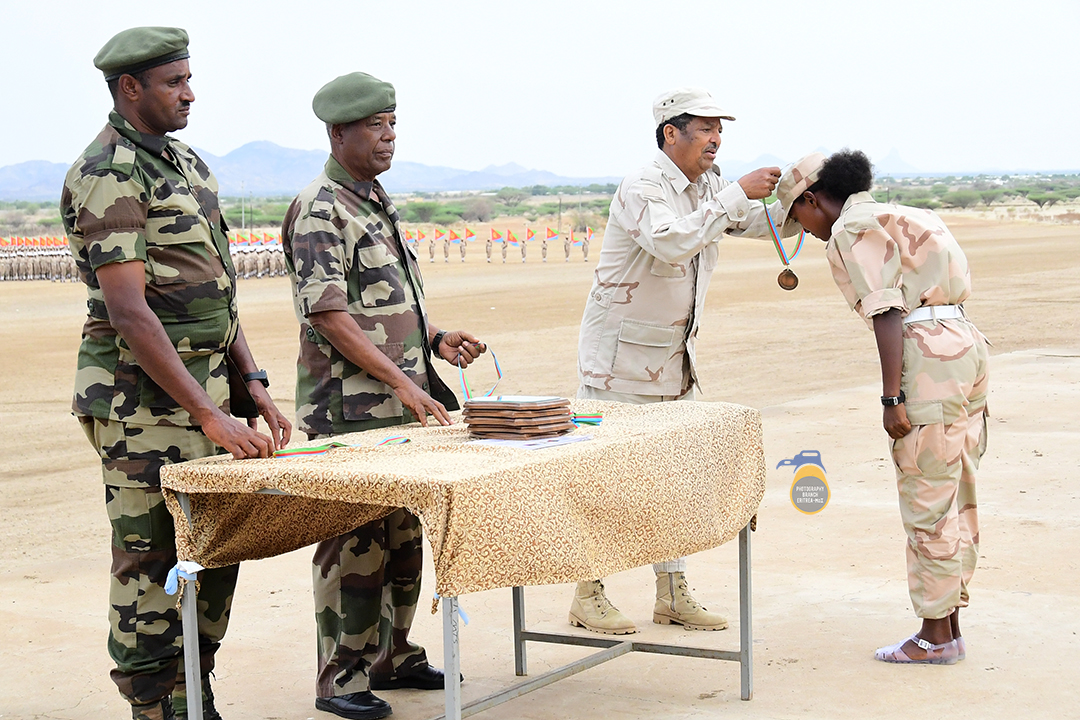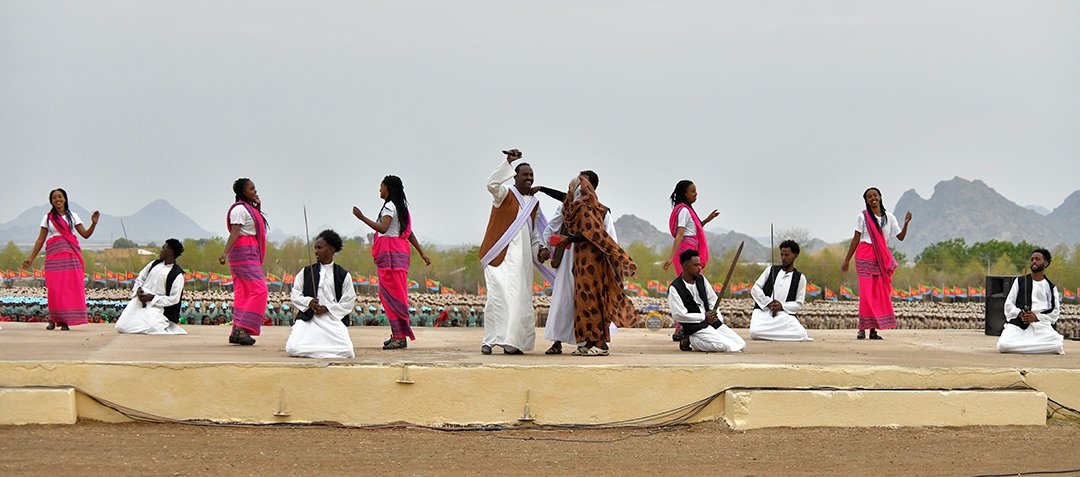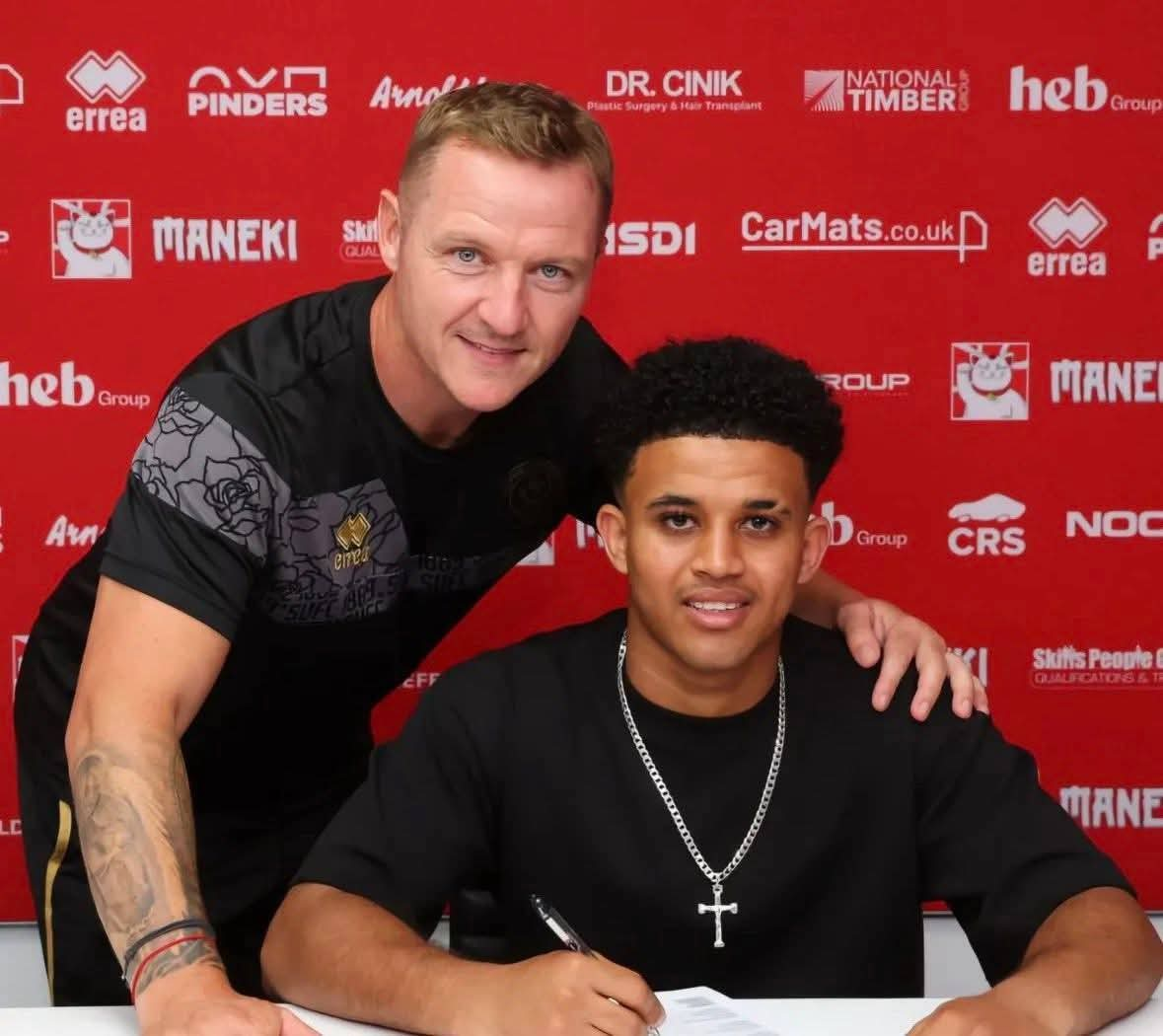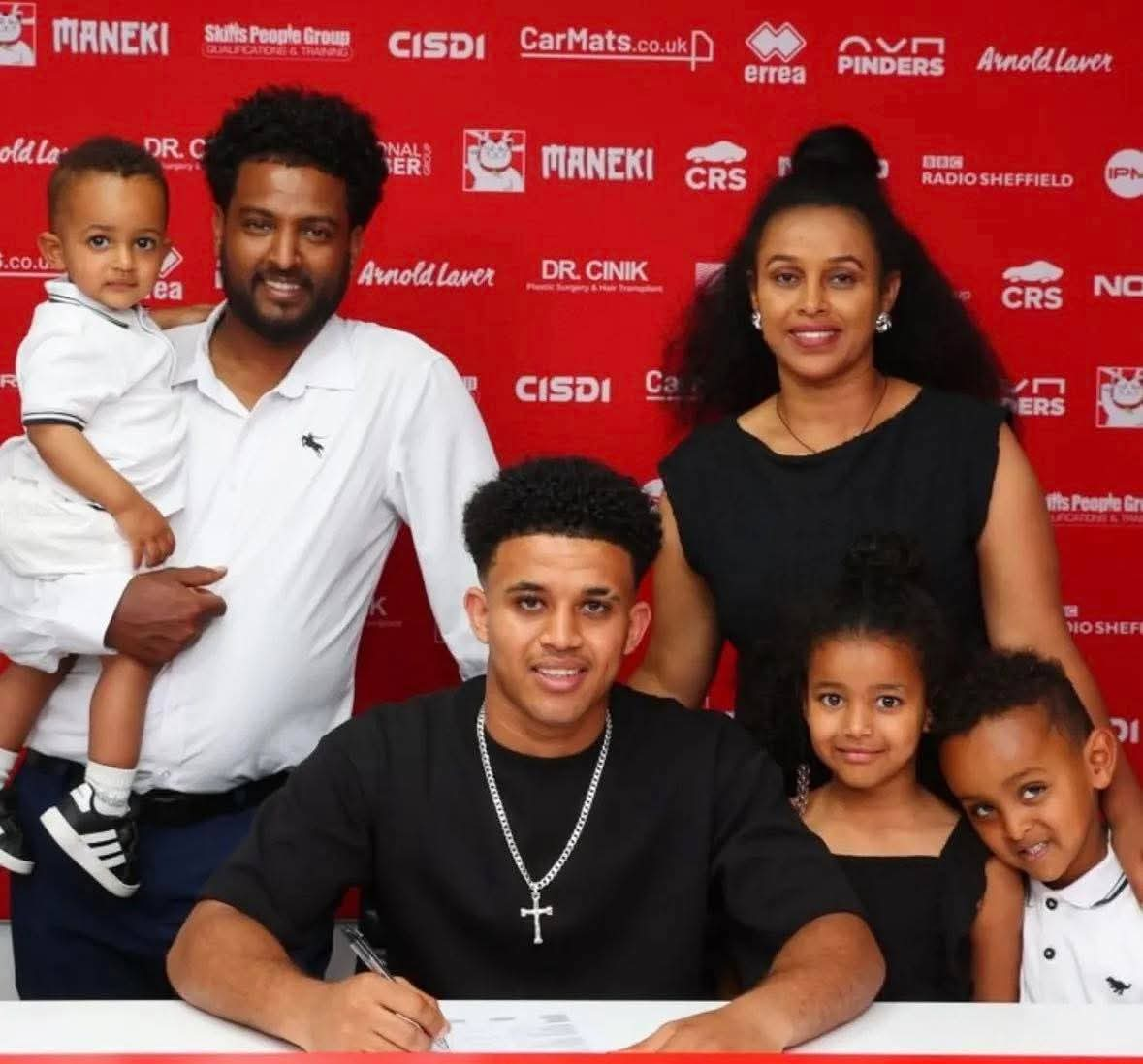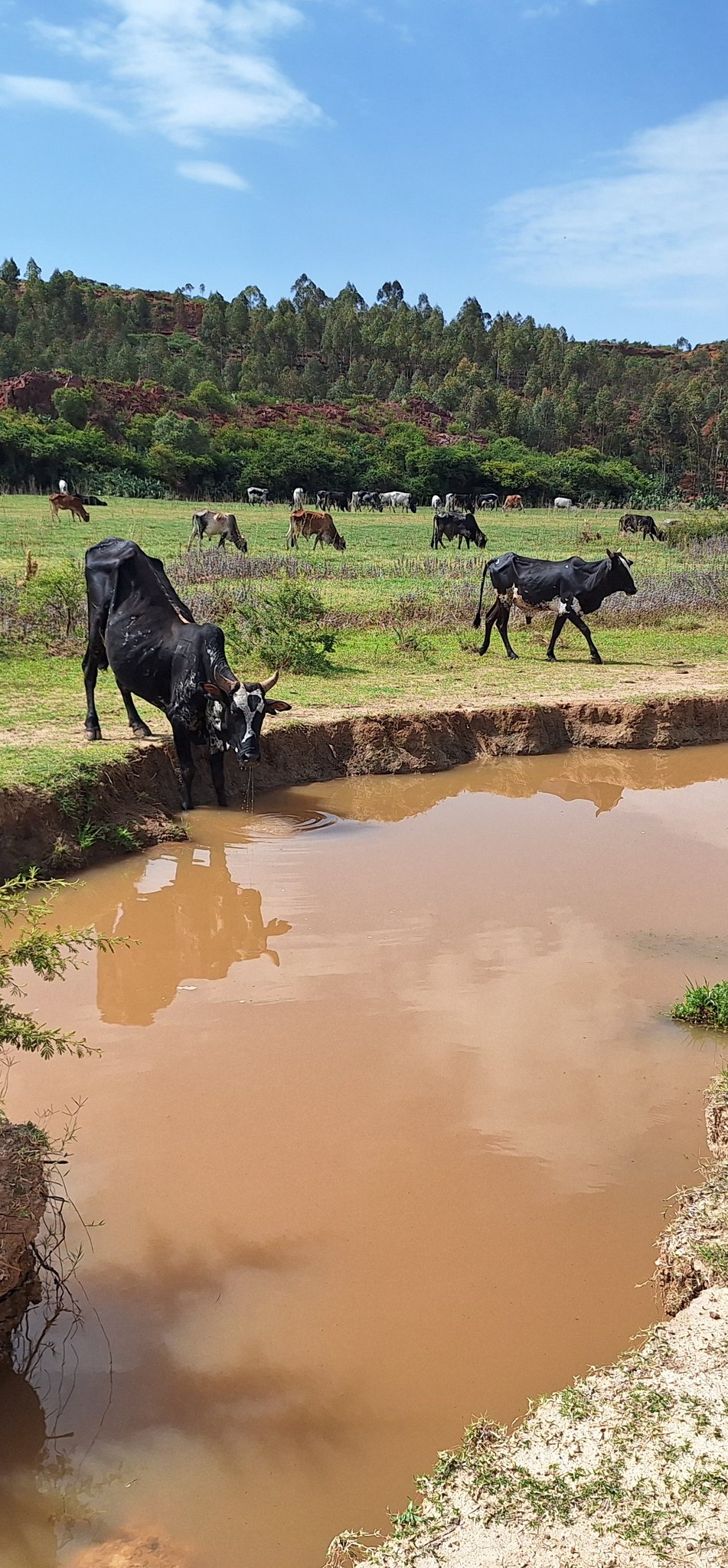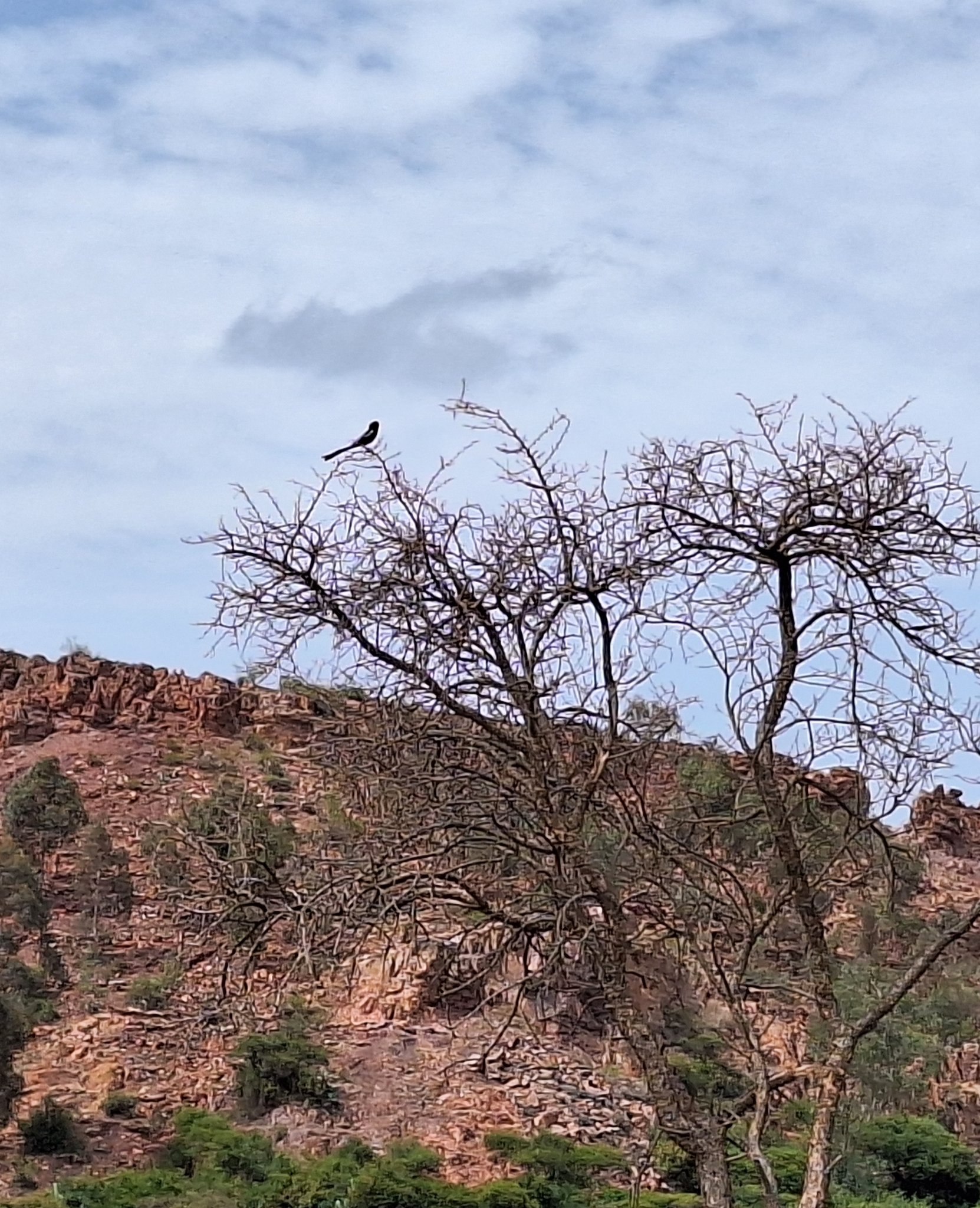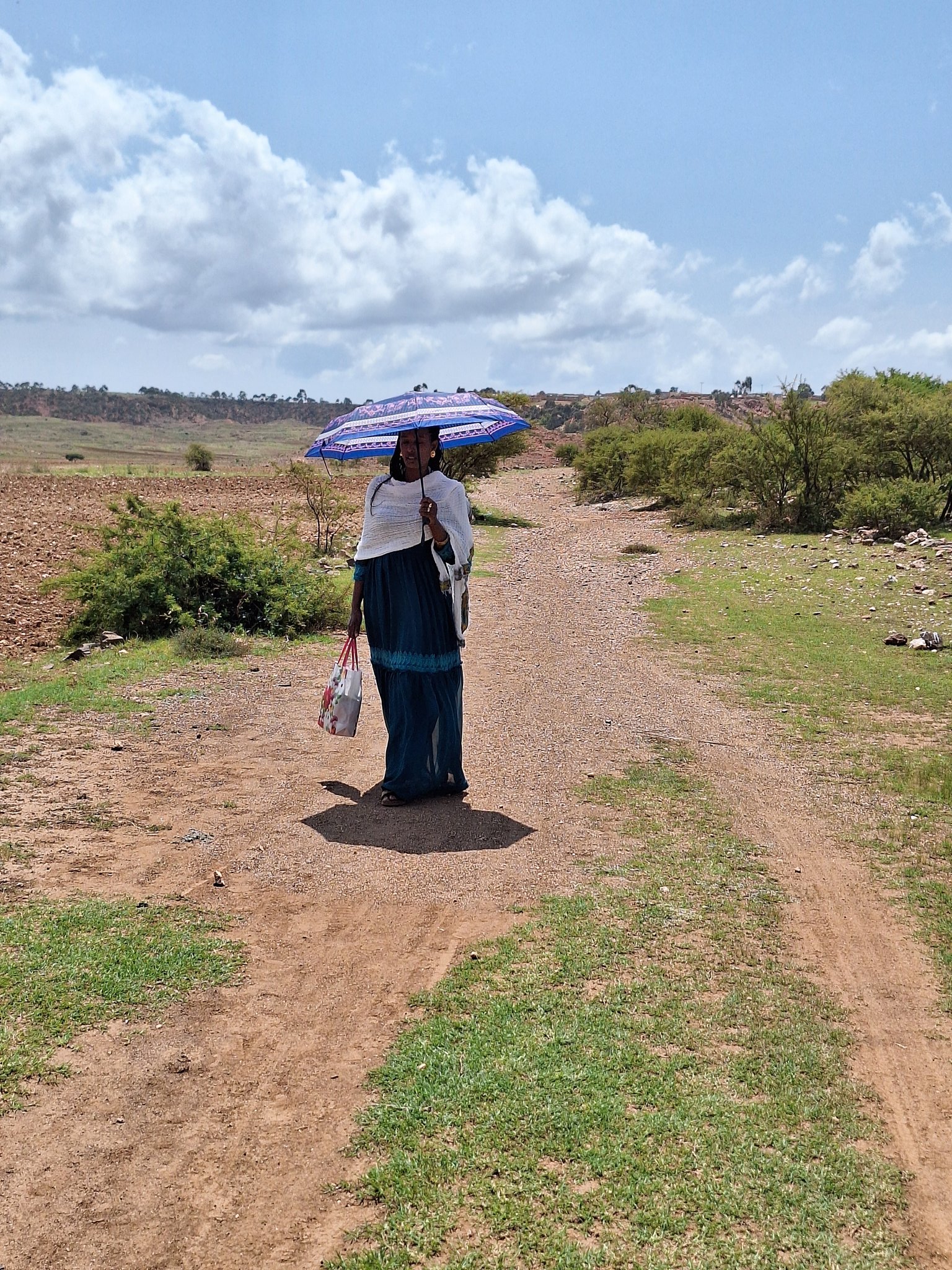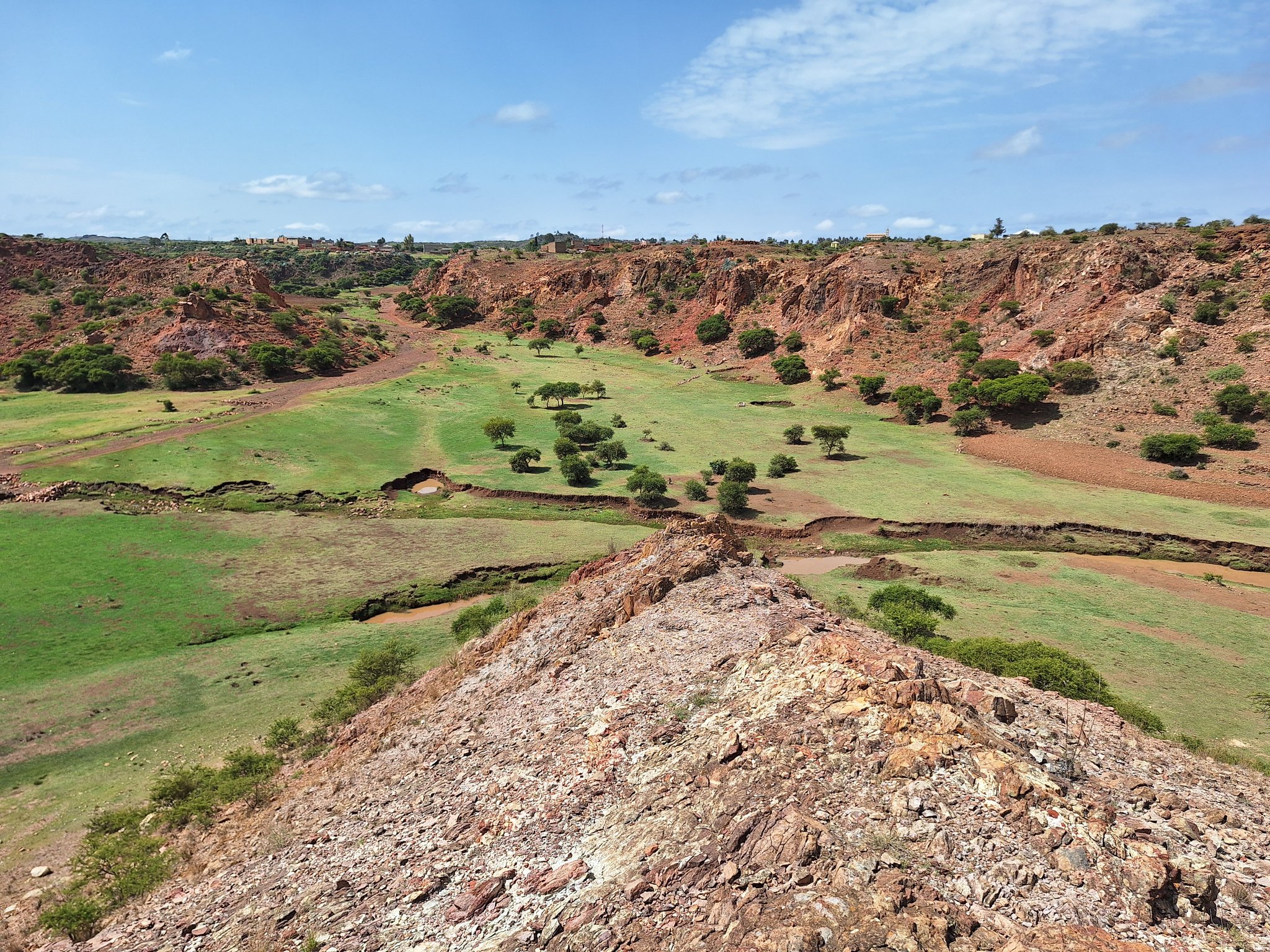Statement by the Delegation of the State of Eritrea on the agenda item “Report of the Permanent Representatives’ Committee” at the 47thOrdinary Session of the Executive Council of the African Union
10 July 2025, Malabo, Equatorial Guinea
@shabait
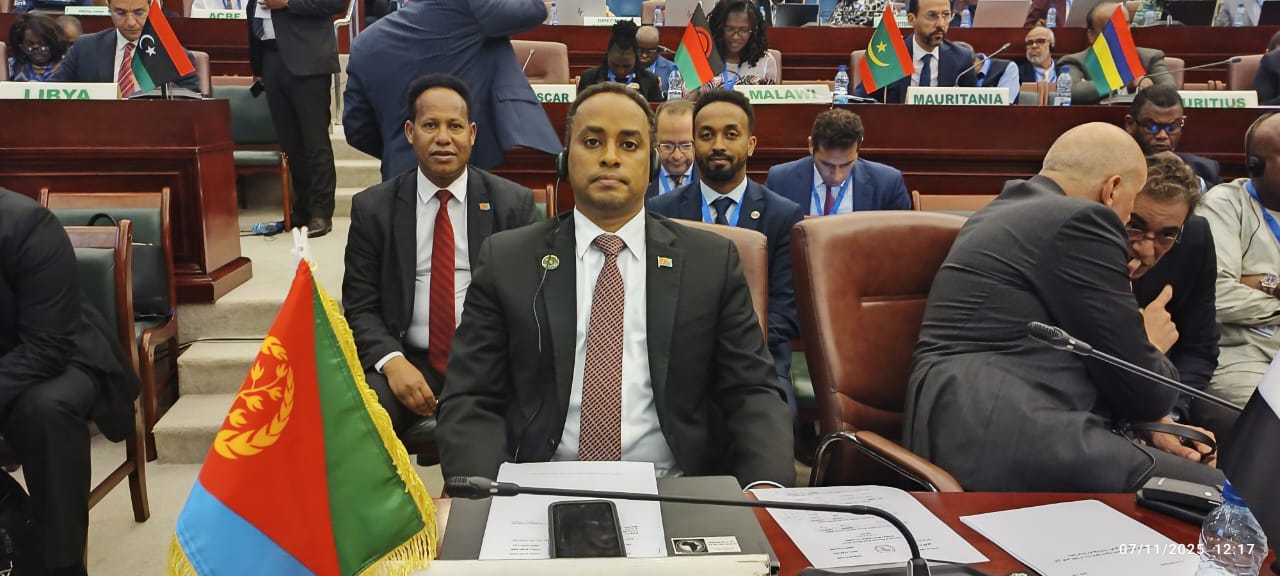 Mr. Chairperson,
Mr. Chairperson,
Thank you for giving my delegation the floor. Allow me to extend to this Council the warm greetings of your brother H.E.
Osman Saleh, Minister of Foreign Affairs of the State of Eritrea.
We are meeting in this beautiful city of Malabo, as seismic changes are unfolding at the global level. These changes have direct implications on the state of peace, security and development of the African continent. Hence it is imperative that the AU dedicates adequate time to reflect and reach common understanding on the magnitude of these changes, on the nature of the threats and opportunities engendered by them, and strategize on how our Union can secure the interests of Africa, and ensure that our continent assumes its rightful place at the global level.
In this regard, my delegation wises to share its views on a few elements contained in Report of the Permanent Representatives Committee (PRC).
1. There is huge discrepancy between what member states are ready and able to contribute to the budget of the Union, and the budget required to undertake the ever growing list of programs and activities across the Union. This mismatch meant that for the 2026 budget year,
77.4% of the program budget of the Union needs to be secured from external entities. This situation is not only unsustainable, but given the current dramatic decrease in the level of aid flows, risks exposing the Union to unreliable and unpredictable financing. Obviously, the member states of the AU cannot claim full ownership and maintain the independence of the African Union, while its day to day functioning depends on generosity of external partners. This situation behooves the Executive Council to take urgent action to narrow the gap between ambition and means, by prioritizing the program of the Union to focus on the priority areas identified in 2017, i.e. maintaining peace and security, facilitating regional integration and optimizing Africa’s voice at the global level. The task of exploring domestic sources of finance also has to be given due attention.
2. The other critical element required to implement the mandate of the Union, is structure and staffing. The structural reforms of the Union remain pending, seven years after the process was launched. In parallel, new offices are being created while the Union is struggling to staff and fund existing ones. Addressing this two pronged problem requires, expediting the reform process while effectively enforcing the moratorium on creating new structures.
3. The growing interest of external countries and groupings to engage with Africa has led to a plethora of Ministerial and Summit level gathering between African countries and external entities. The management of these partnerships on the AU side lacks clear strategy and deliverables. In this regard, my delegation calls for the draft AU Partnership Strategy and Policy Framework to be finalized and be submitted to the next regular session of the Executive Council for adoption.
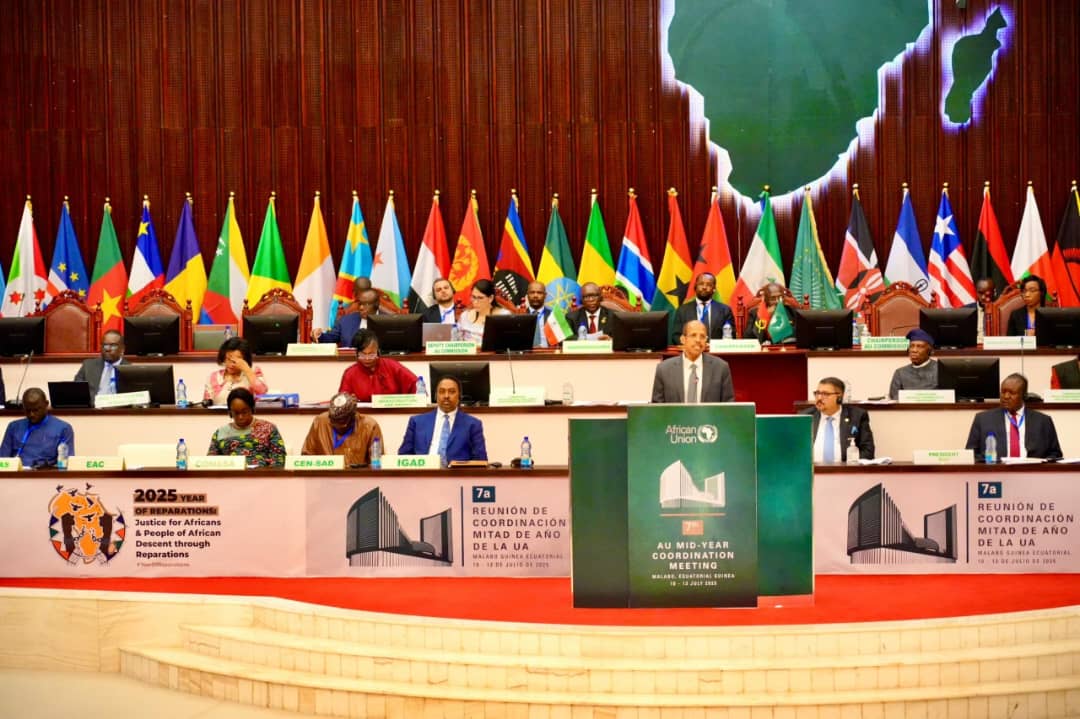 In conclusion
In conclusion, my delegation wishes to underscore that addressing the budgetary, structural and partnership issues are critical to enable the Union be better positioned to play its part in the turbulent international system. These measures are also prerequisites to enable the new leadership of the Commission to effectively shoulder the heavy responsibility entrusted to it.
I thank you!
